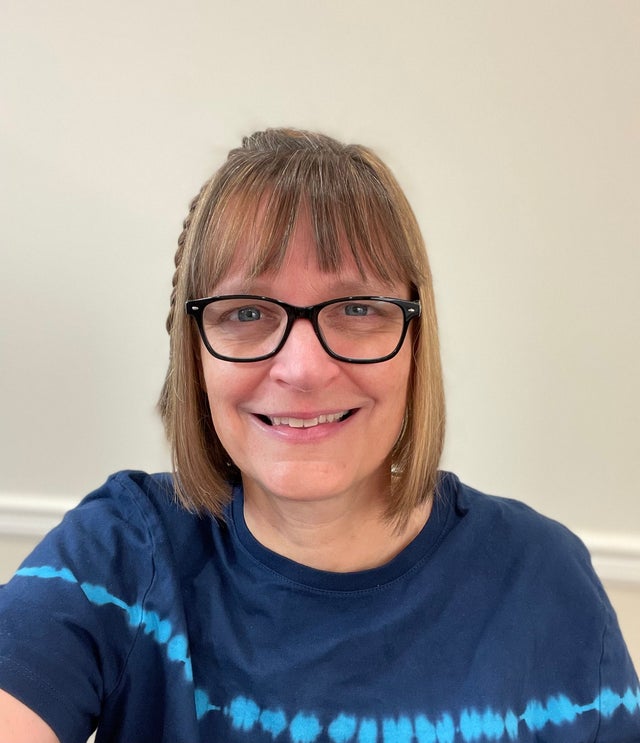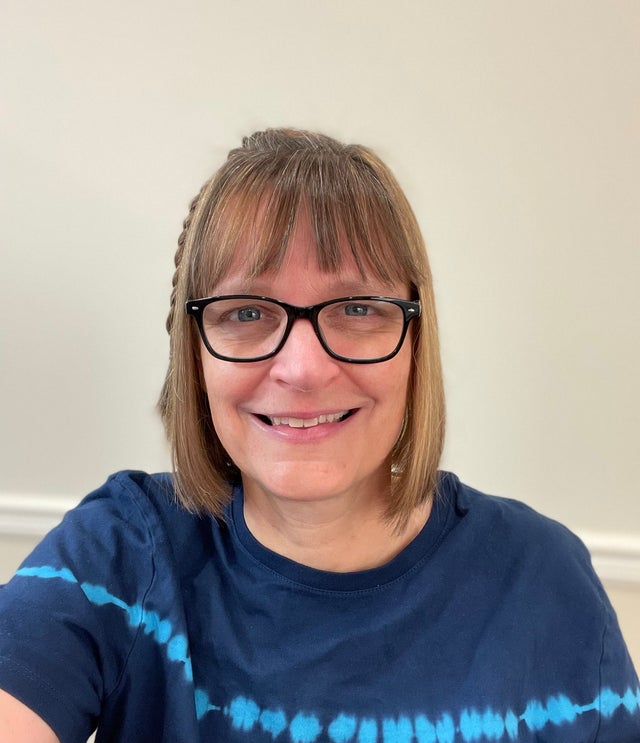|
Chile: Chee-lay or chill-e? Iraq: Eye-rack or ee-rock? How we choose to pronounce place names and foreign loan words in English says something about our world knowledge. The trend towards using pronunciations on words which are authentic to the language of origin can be controversial. Is it better to be "correct" and true to the way the word is said in the country it originates from, or should we use the American pronunciation, which may have completely altered the original? Quartz.com talks about recent trends in the media, and how shifts occur as news stories highlight other parts of the world. (Read more here.) Perhaps the wisest approach is to know your audience. If you talk about your recent visit to Par-ee (Paris) and Not-re Dam (Notre Dame de Paris), and you see a confused look on your friend's face, repeat yourself and say "Paris." But if you're talking about the American University Notre Dame (Noter Dame), stick with the way the Americans say it. Not sure how Americans say a word? Ask a friend, or use an online dictionary to clear it up.
0 Comments
You might be wondering whether what you hear in your area is what all Americans say, or if you'll only find it where you are. Or maybe you want to know how other people perceive you when you speak in English. In any case, there are a lot of "accent quizzes" online, most of which are really about regional dialects. That is to say, they look at what words you choose, not your accent. Slate.com came up with this list of the best dialect quizzes: take a look, maybe you'll find one you like.
|
Subscribe to this blog:
Categories
All
Archives
March 2021
Copyright 2020
Christine Dunbar Have Questions?
Get A Free Consultation We offer a free 30-minute phone consultation. Schedule yours now. |




 RSS Feed
RSS Feed



